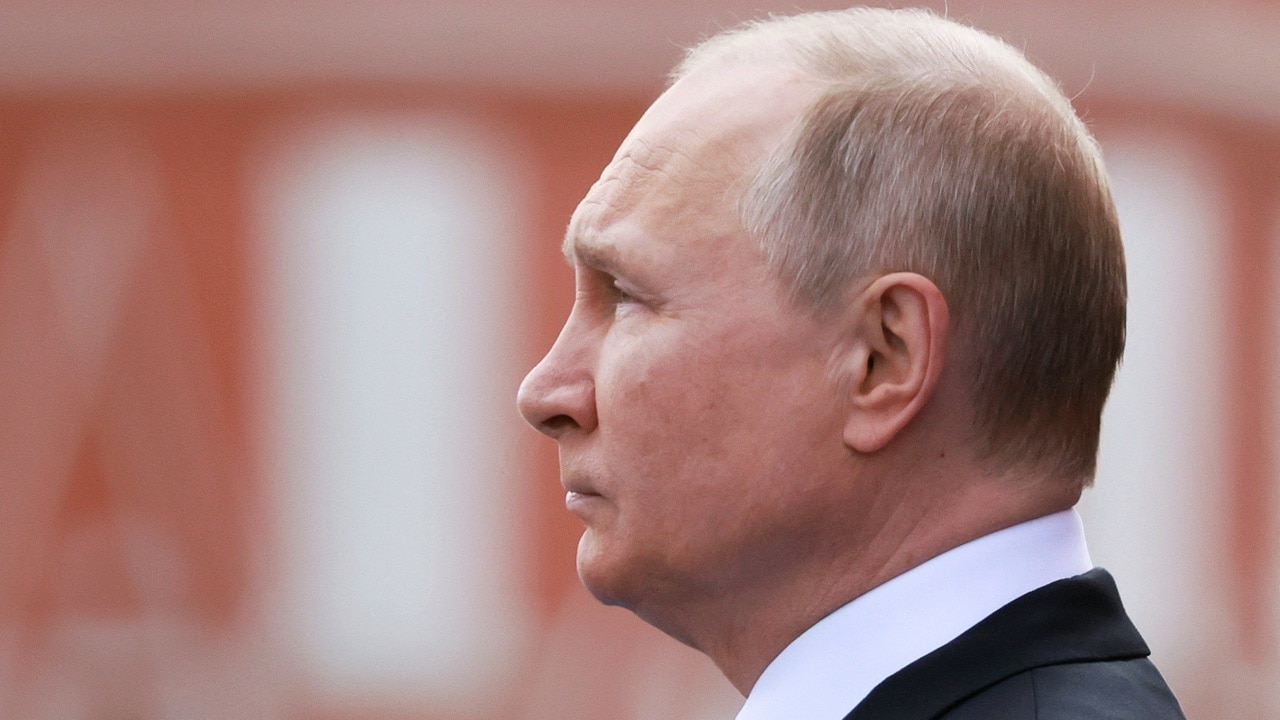Last month, Russian President Vladimir Putin pushed through the annexation of invaded territories in Ukraine. These territories are not fully conquered. Indeed, a short time after Putin’s announcement, the Ukrainians recaptured Lyman, a city Russia claims it annexed.
Most countries will not recognize Russia’s moves. Even China, Russia’s shadow ally in the war, will likely avoid directly supporting the annexations. Indeed, Putin’s priority may not even be the land he has grabbed, but rather its utility in providing a pretext to further escalate a war that now threatens his regime — and even his personal survival.
The Sovereignty Principle
Russia’s friends hesitate to back Putin’s territorial claims because of the terrible precedent the annexation sets. If one state can redraw its borders by force, there is little to stop others from considering the same. Most leaders are cautious and oriented toward the status quo. The list of revolutionary imperialists willing to claim neighboring territory by force at any given time tends to be short — Napoleon, Hitler, and Stalin are examples. Conflict is inherently risky and destructive, and few states or leaders want a global norm that allows for war as a common tool to set national grievances right. States generally agree to respect each other’s sovereignty, if only for the reciprocal benefits: By guaranteeing your safety through non-aggression, I guarantee my own as well.
Putin’s move is further unnerving because Russia is a large, powerful state — or so we thought until February. Putin’s logic, therefore, is the rule of the strong: World politics is a jungle, and the strong can force their will on the weak. That sort of unconstrained anarchy, where large states bully and dominate small ones, benefits only the great powers. If only because they fear the precedent Putin is setting for their own safety, most small states in the world will reject Putin’s logic and will reject his annexations. Putin will be isolated.
In short, few countries will be comfortable with these annexations. Small countries will oppose the move because they benefit from the basic reciprocal respect of sovereignty that has characterized international politics since World War II. Countries with territorial disputes will fear the idea that force could legitimately solve those disputes. And liberal states that have long ceased to use force against each other will reject the rollback of the non-aggression principle.
Few Examples of Annexation
It is hard to find modern examples of annexation. So uncomfortable does it make most of the world – both dictatorships and democracies, big and small states – that even countries involved in longstanding territorial disputes are loath to openly use force to solve them.
The most obvious example is China. The parallels between China’s claims on Taiwan and Russia’s claims on Ukraine are well established by now. Russia is a large autocracy near a small democracy against which it makes capacious territorial claims. So is China.
Sensing the global anxiety about the norm against conquest, Putin initially tried to pretend that Ukraine did not exist as a separate country. So the invasion was a “special military operation,” not a war. Only after Ukraine fought off a quick conquest did Putin resort to talk of annexation.
This is a clear breakpoint with China. Beijing has long framed its claims on Taiwan within the language of the sovereignty norm. Taiwan is a rogue province, Beijing claims — it is an integral part of China, and its leaders are “splittists.” So long as Putin could package his claims on Ukraine in similarly deceptive but norm-abiding language, China could support the Kremlin’s war. But Ukraine’s intense resistance and the ensuing protracted war have ended the fiction that Russia abides by norms of sovereignty. So Putin dropped the pretense and openly annexed new areas. China will never talk this way, and this move will almost certainly widen the gap between Beijing and Moscow over the war.
Democracies too have acted cautiously in this area since World War II. U.S. wars in Korea, Vietnam, and Iraq never had declared territorial claims, and U.S. intent was always to leave proxies in charge and withdraw early. Israel has picked up substantial territorial gains in its various conflicts over the years, and its annexations (of the Golan Heights and East Jerusalem) have been deeply contentious and are generally unrecognized.
In short, Putin is mostly alone in this venture. The only states likely to recognize these annexations are rogue regimes such as North Korea. The democracies will never consent, just as they refused to recognize Putin’s snatching of Crimea in 2014. Even China will be wary of openly violating a core norm that it uses to justify its claim to Taiwan. Putin himself likely knows this. His claims are designed to stir up support for the war at home by portraying the fighting in Ukraine as an attack on Russia itself.
Expert Biography: Dr. Robert E. Kelly (@Robert_E_Kelly; RoberEdwinKelly.com) is a professor of international relations in the Department of Political Science at Pusan National University and 19FortyFive Contributing Editor.

